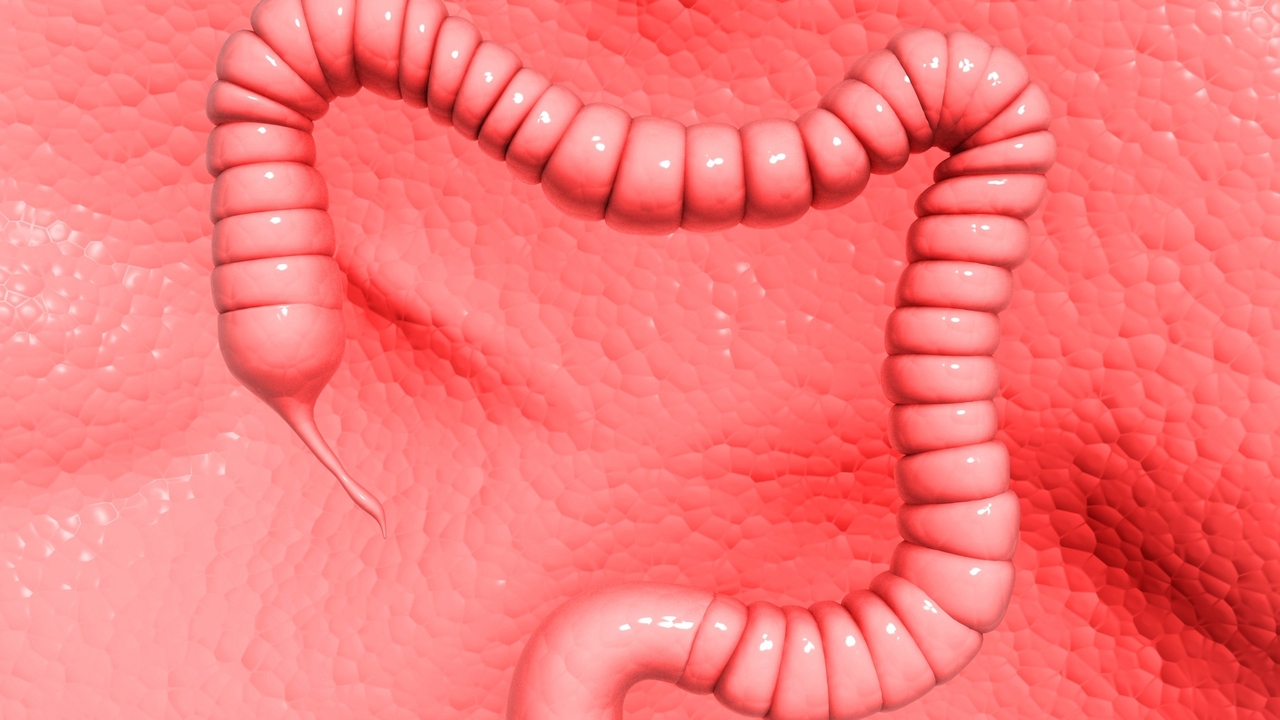Colorectal cancer is often spotted through a procedure known as a colonoscopy which allows doctors to examine your colon and rectum. An instrument called a colonoscope is used to look inside and see if there is any inflammation, ulcers, polyps or tumors.
If polyps are discovered, they will likely be removed even though they are not cancerous. Most cases of colorectal cancer develop from benign polyps so removing them before they turn malignant can be an effective way of preventing cancer.
Before a Colonoscopy
Before a colonoscopy you will not be allowed to eat for between one and three days as solid matter from your food will obstruct the doctor’s view of your colon and rectum. It may sound horrific to not eat for so long, but there are some liquids that you can have, including:
1. High energy drinks
2. Water
3. Clear broth
4. Tea or coffee without milk
It is important to drink regularly so that you don’t get dehydrated, and remember that tea and coffee are diuretics (they dehydrate you) so if you are drinking these for energy, make sure you also drink plenty of water.
Your doctor might ask you to take laxatives the day before your colonoscopy to help you expel any remaining stool. These are usually in tablet form.
On the Day of the Colonoscopy
When you arrive at hospital, you may be given an enema to make sure any stool which is still in your body is cleared away. This is a simple procedure and involves flushing warm water into the anus.
You will then be given a sedative to relax you and some pain medication so that you are not in too much discomfort during the colonoscopy.
Your doctors will ask you to lie on your side and they will insert the colonoscope into your anus, through the rectum and into the colon. The scope will inflate the large intestine with carbon dioxide to give the doctors a better view and a tiny camera on the end of the scope transmits pictures to a computer screen.
If you are in pain during this procedure, don’t be afraid to say so. You can have your sedation increased to counter this problem.
If any polyps or tumors are discovered, the doctor can pass tiny instruments through the scope and remove them.
After-Effects
You will normally remain in a recovery room for about two hours following a colonoscopy to allow the sedatives a chance to wear off. You may feel a little uncomfortable and have abdominal cramping. You won’t be able to drive and shouldn’t go back to work for at least 24 hours so make sure you have family on hand to help you.
Sometimes people get more serious side effects including:
• Severe abdominal pain
• Bleeding anus
• Fever
• Dizziness
• Feeling weak or disorientated.
If you get any of these symptoms, please tell your doctor immediately as it is a sign that the colonoscopy may have caused some damage.
Source: National Institute of Diabetes and Digestive and Kidney Diseases.
Joanna is a freelance health writer for The Mother magazine and Suite 101 with a column on infertility, http://infertility.suite101.com/. She is author of the book, 'Breast Milk: A Natural Immunisation,' and co-author of an educational resource on disabled parenting, in addition to running a charity for people damaged by vaccines or medical mistakes.






Add a Comment2 Comments
Hello
I'm glad you found it helpful. Good luck with your colonoscopy!
January 27, 2010 - 5:09amThis Comment
Joanna - My doctor's asked me to schedule a colonoscopy, so your article is timely. He didn't give any information on what to expect, and I appreciate that you provided an overview of what to expect both before and after the procedure. Personally I would rather know what's ahead of me than guess.
January 25, 2010 - 5:46pmMany thanks, Pat
This Comment